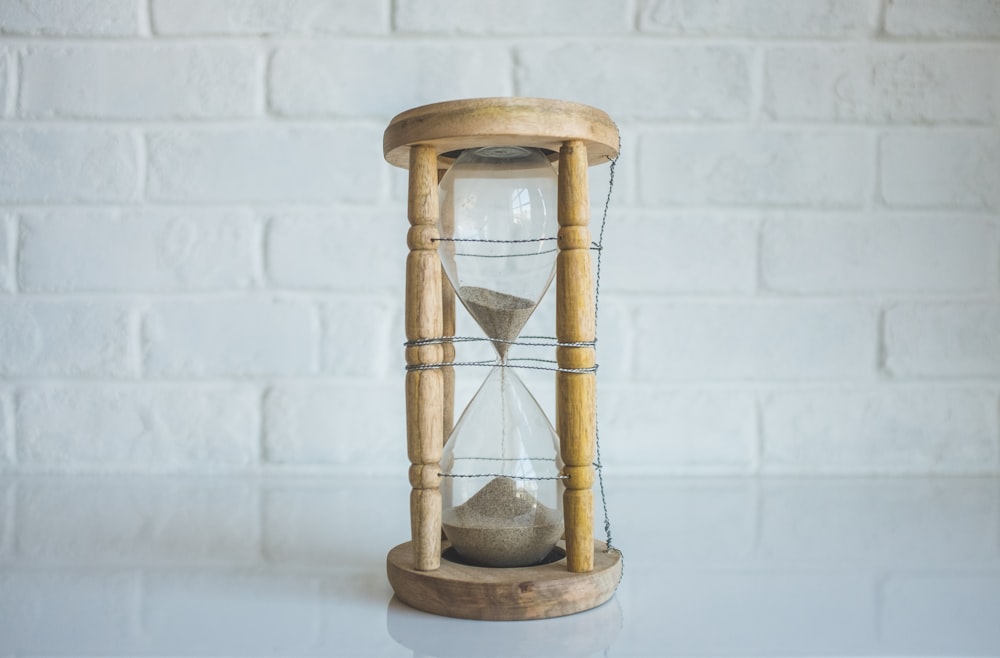Just about everyone has heard the adage that adults should get seven to nine hours of sleep each night. At some level, we have come to accept the idea that if our total nightly sleep falls in that range, we should feel rested and refreshed in the morning.
Unfortunately, this isn’t necessarily the case — particularly for individuals who struggle with sleep apnea and other sleep disorders. Recent studies highlight just how important it is that you get quality sleep, rather than focusing on how many hours pass between when you go to bed and when you get up in the morning.
Quality Over Quantity
Two recent studies highlight just how important it is to get quality sleep. As reported by Lake County News, researchers at UC San Francisco recently determined that sleep quality can be partly determined by genetic factors. People with favorable genes for efficient sleep may be able to get enough rest even if they sleep a mere four to six hours per night.
As one of the neurologists involved in the study explained, “Our work to date confirms that the amount of sleep people need differs based on genetics […] Think of it as analogous to height; there’s no perfect amount of height, each person is different. We’ve shown that the case is similar for sleep.”
Of course, this means that while some people will be well rested after a mere six hours, others will require nine. What matters most is getting the right amount of sleep for your specific needs, and ensuring that you get quality sleep.
Unfortunately, quality sleep is getting harder to come by. As reported by The Dallas Morning News, a joint study called “Sleep Uncovered” found that “while Americans recorded more sleep overall (up around 11 minutes), 86% of survey participants reported that the quality of their sleep had decreased. Twenty-one percent of survey-takers also said that they spent more than one hour awake during a typical night (up 8% from before the pandemic).”
What Keeps Us From Getting Quality Sleep?
There are several issues that can keep you from getting the quality sleep you need. The “Sleep Uncovered” study noted that stress (particularly in light of the COVID-19 pandemic) is a major contributor to restless sleep. Feelings of stress and anxiety can keep you tossing and turning, rather than falling asleep quickly. It can also cause you to wake up and be unable to fall back asleep as you focus on your stressors.
Stress and anxiety aren’t the only issues that can contribute to insomnia. According to the Sleep Foundation, irregular sleep schedules, poor sleep habits (such as sleeping with the TV on), medication side effects, and physical illness can contribute to poor sleep quality.
Other sleep disorders can also significantly disrupt sleep. Sleep apnea causes the breathing passages to temporarily close off during sleep. The lack of oxygen causes the brain to essentially force the person to wake up so they can start breathing again. Depending on the severity of one’s sleep apnea, they could experience dozens of awakenings in a single hour.
Poor sleep habits can cause and worsen sleep disorders. For example, consuming alcohol or tobacco before bedtime can worsen sleep apnea by relaxing and irritating the throat muscles. Exposure to blue light from a smartphone or TV can throw off your body’s circadian rhythm and melatonin production, making it harder to fall asleep.
How to Improve Sleep Quality and Quantity
By directly addressing the challenges keeping you from getting a good night’s rest, you can get the right amount of sleep for your individual needs, and ensure that those hours in bed will actually help you recover and recharge.
Start by evaluating your sleep habits. Simple changes such as setting a consistent bedtime and nightly routine (such as writing in a journal, taking a warm bath, or drinking a cup of chamomile tea) can signal to your body that it is time for bed. This will help you fall asleep quicker.
You may also need to take steps to improve your sleep environment. Light and noise can disrupt sleep and wake you up during the night. You may need to use blackout curtains to block light from the street, or wear earplugs or use a sound machine to drown out noise from traffic or loud roommates.
Finally, if you seem to experience poor sleep night after night, you should get evaluated for a sleep disorder. Sleep studies can be used to diagnose and recommend treatment for various disorders. For example, someone who is diagnosed with sleep apnea will typically be prescribed a CPAP machine, which provides a continuous flow of pressurized air to keep their breathing passages open throughout the night. Lifestyle changes or medication may also be recommended for this and other sleep disorders so you can improve your sleep quality.
Get Sleep-Specific Help Through No Insurance Medical Supplies
If sleep apnea is keeping you from getting the rest you need, you may be surprised to see how much CPAP equipment can cost, particularly if you don’t have insurance. While you want to improve sleep quality, you understandably don’t want to break the bank to do so.
This is where No Insurance Medical Supplies can help. In addition to offering discounts on a wide range of CPAP equipment — including CPAP machines, CPAP masks, filters, and cleaning supplies — purchases of $500 or more can qualify for financing through CareCredit or TimePayment.
With lower prices and affordable monthly payments, you won’t have to lose sleep over your finances as you take steps to improve your sleep quality.



